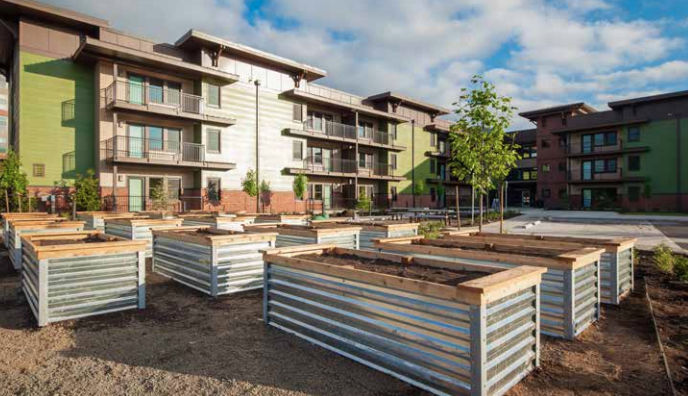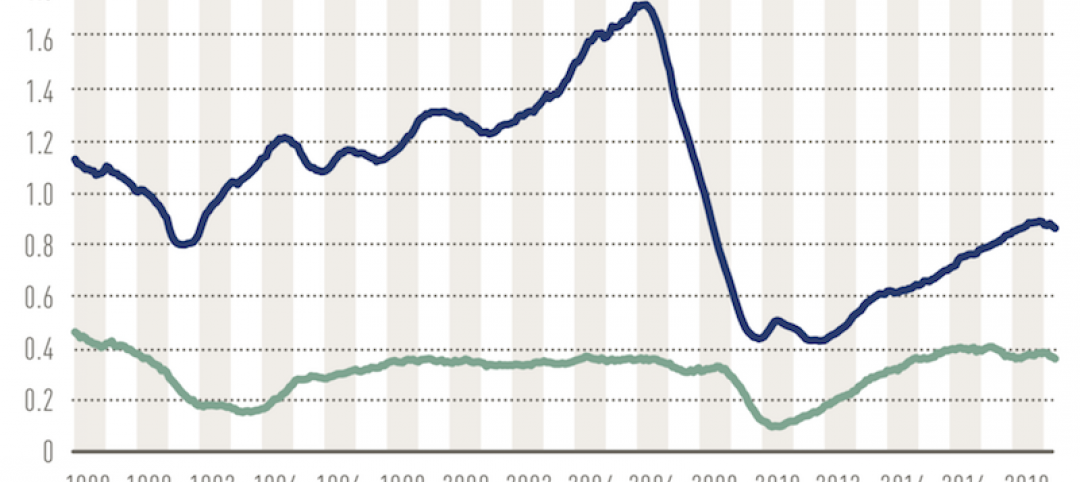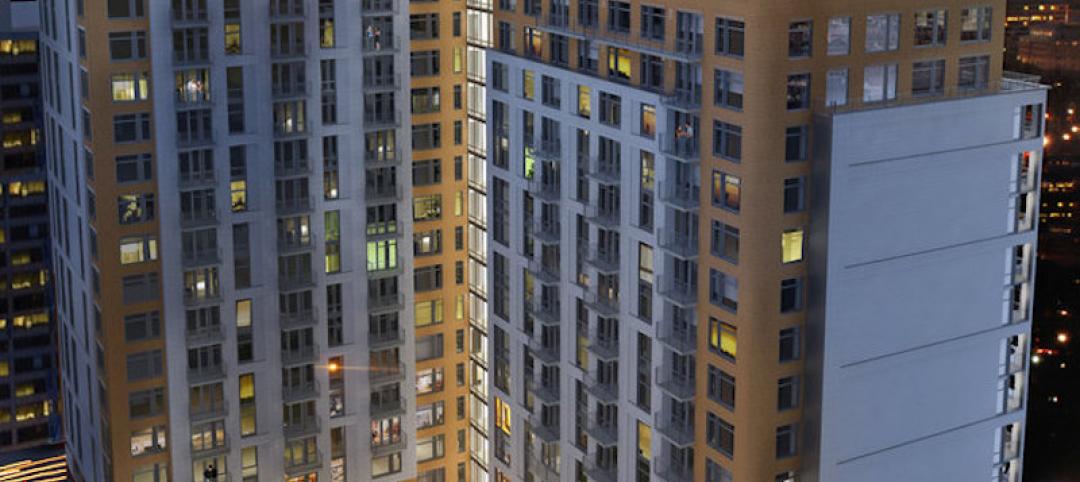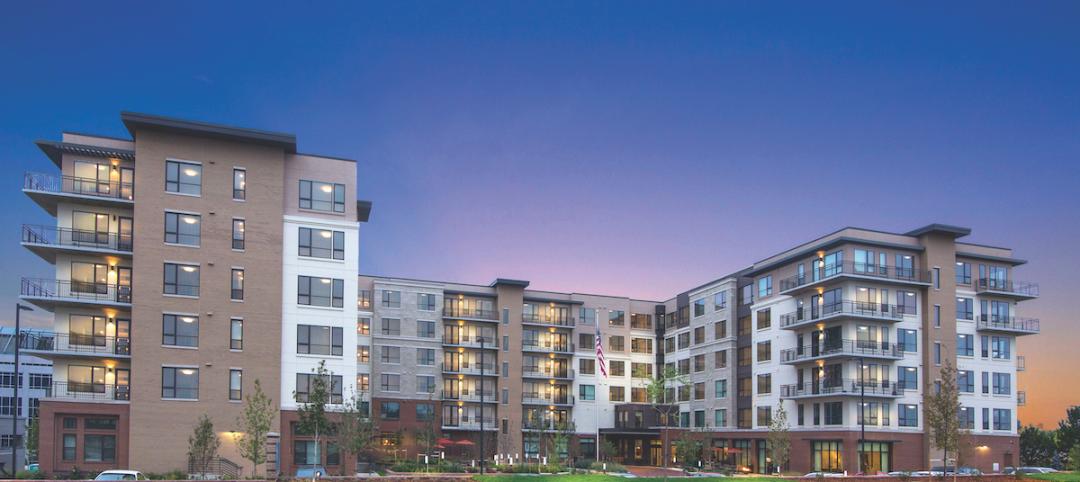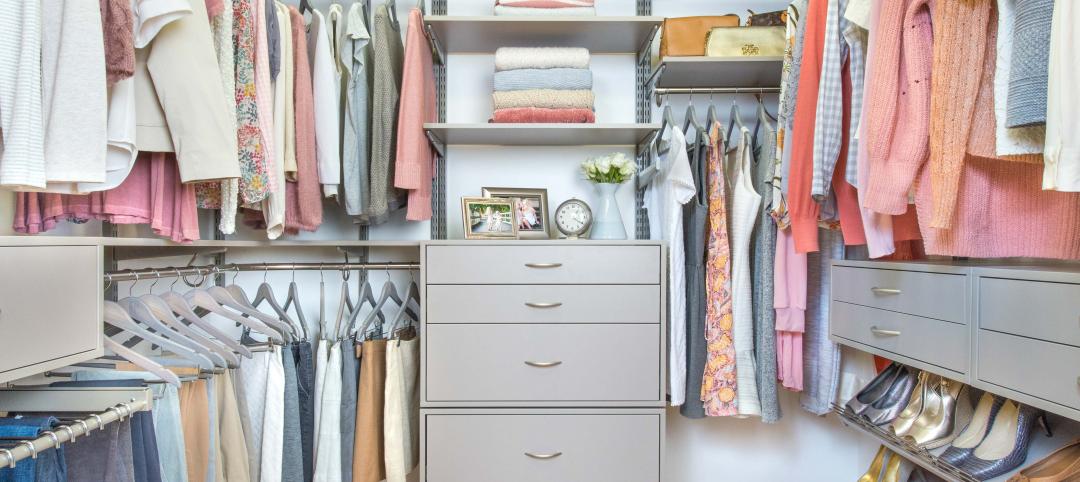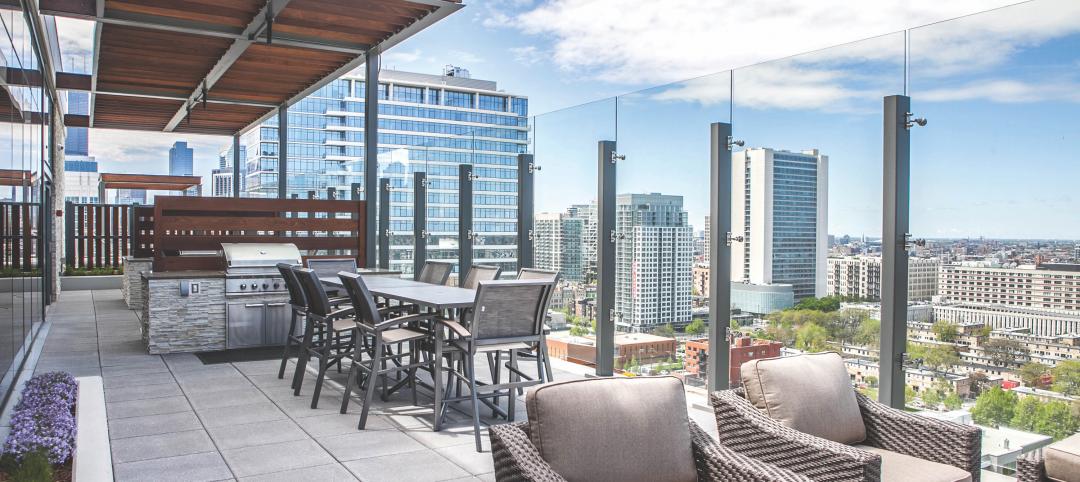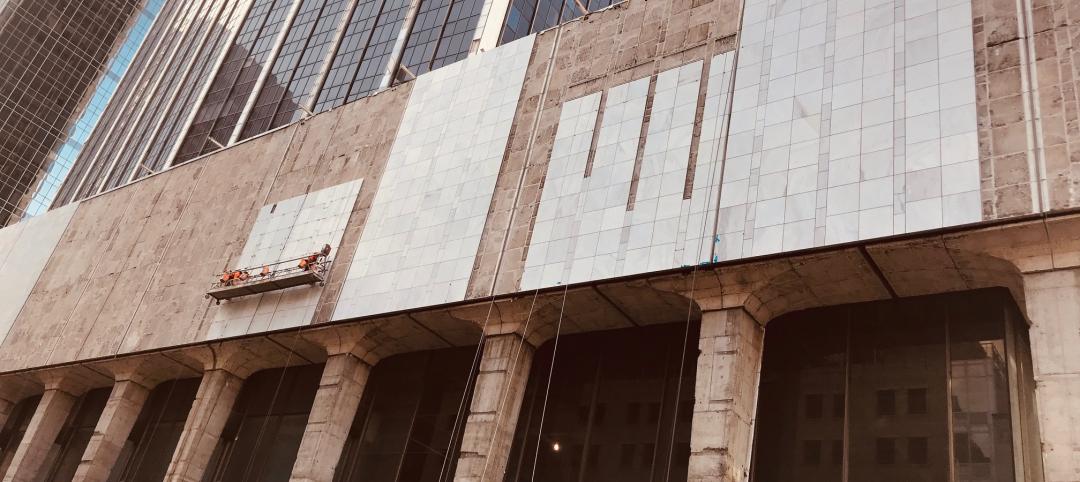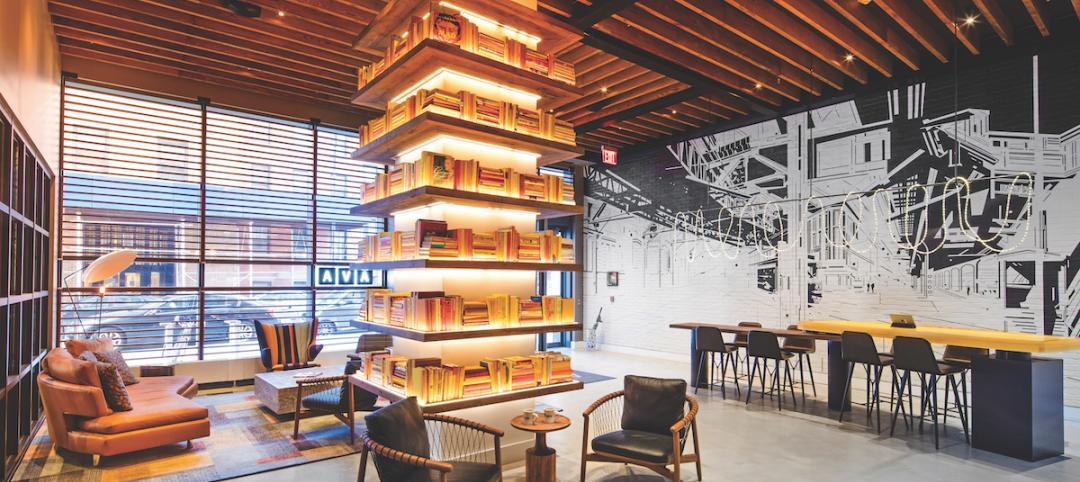Climate change is not a fashionable topic in certain quarters these days, but it cannot be ignored and will only get worse unless those who can do something about it take action.
Since two-fifths of energy use in the U.S. can be attributed to buildings (including multifamily structures), the responsible parties in this case are building owners, facilities managers, property developers, architects, engineers, builders, and contractors. In other words, you and your professional colleagues.
SEE ALSO: Take BD+C’s free Passive House continuing education course, "Building Passively"
PRESUMABLY, YOU’RE ALREADY DOING YOUR BIT
Maybe your firm has signed up for the AIA 2030 Commitment to eliminate carbon emissions in the buildings you design by 2030. Or you’re shooting higher and higher on your LEED for Homes projects. Or you’re certifying your apartment property with GreenPoint, or with the NAHB National Green Building Program. All commendable, but not enough. In general, those efforts will only yield an average energy savings of 20-25% over “conventional” construction, i.e., meeting minimum building energy code requirements. To make a real dent in reducing greenhouse gas emissions, we need to be in the 50-75% range of energy savings for new construction.
MAY I SUGGEST A FRESH APPROACH?
If you haven’t looked seriously at “passive house” design and construction, you should. OK, I know. You’ve already got an image in your mind of a bearded guy in lederhosen holding a stein of beer, standing in front of a cute little cottage in the Bavarian Alps.
Passive house design and construction is anything but that; in fact, it started right here in the good ol’ USA. Passive house uses systems and building products you use every day. It employs techniques that are familiar to the construction trades. Most important, it relies on solid building science: Orient the building correctly to the sun. Seal it tight to halt air leaks that sap energy. Insulate the walls and roof to a “super” level. Use high-performance windows and doors.
Eliminate thermal bridges. Do these things right and you can save 80-90% on heat energy, 50% on cooling energy, for an average 50-70% total energy savings. That’s what you can get when you build “passively.”
PASSIVE HOUSE HAS SPECIAL APPLICATION TO MULTIFAMILY PROJECTS.
In addition to the energy savings (which are hardly trivial), apartment and condominium buildings built to passive house standards use quiet, low-volume air circulation systems that filter indoor air and enhance occupant comfort. That’s a nice payoff for doing the right thing.
To learn more about passive house (and gain 1.0 AIA HSW Learning Units or Professional Development Hours), go to BDCnetwork.com/building-passively-aia-course.
I hope “passive house” will be the start of a whole new professional adventure for you.
Related Stories
Multifamily Housing | Jun 25, 2019
Historic New York hospital becomes multifamily development
CetraRuddy designed the project and Delshah Capital is the developer.
Multifamily Housing | Jun 25, 2019
New Joint Center housing report foresees steady rental demand over the next decade
However, supply shortages, especially on the affordable end, are likely to push rents even higher.
Multifamily Housing | Jun 17, 2019
Boston multifamily development combines a historic warehouse with a new, modern addition
The Architectural Team designed the project.
Multifamily Housing | Jun 4, 2019
New Silver Spring apartment community includes over 5,000 sf of amenity space
Design Collective is the project’s architect.
Multifamily Housing | Jun 3, 2019
11 trends in senior living
Style, flexibility, and fun highlight the latest design trends for the 55+ market.
Multifamily Housing | May 29, 2019
Grilled to order: The art of outdoor kitchens
Seven tips for ensuring outdoor kitchens deliver safe, memorable experiences for residents and guests.
Multifamily Housing | May 17, 2019
At last, downtown Dallas tower to get $450 million redo
The landmark tower has been vacant for a decade.
Multifamily Housing | May 8, 2019
Multifamily visionary: AvalonBay’s relentless attention to detail
The nation's fourth-largest owner of apartments holds more than 85,000 apartments in 291 communities.
| Apr 28, 2019
New York Is NOT Most Expensive City for Apartment Sales Transactions
Data from Marcus & Millichap 2019 U.S. Multifamily Investment Forecast on Average Price/Dwelling Unit in apartment transactions.


